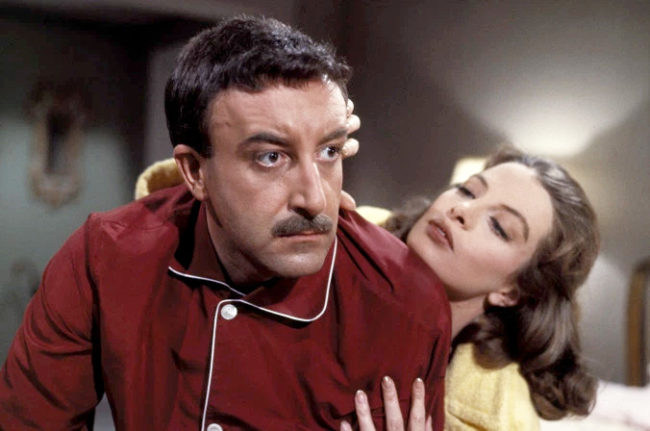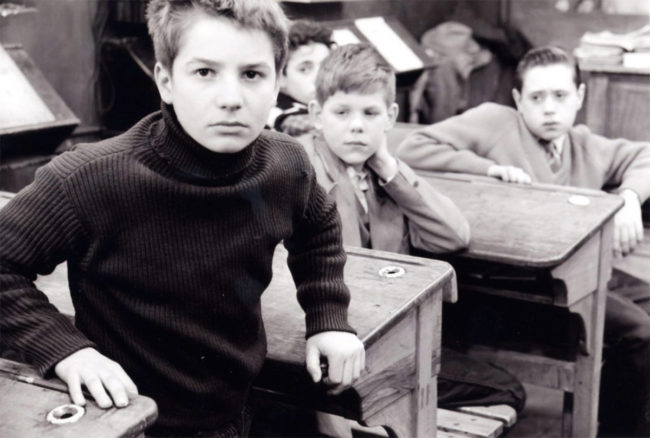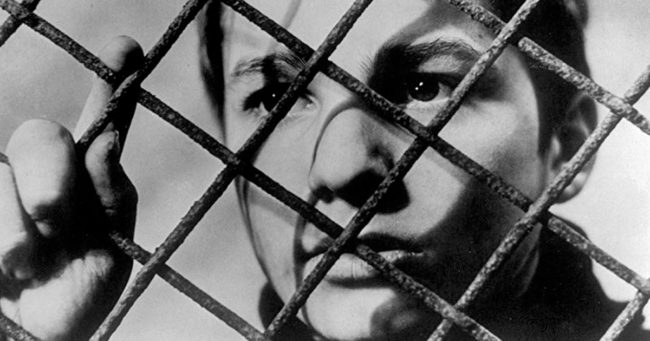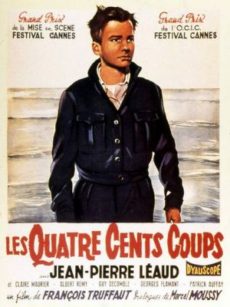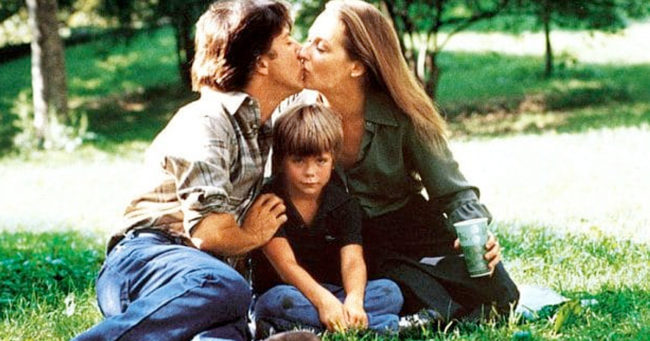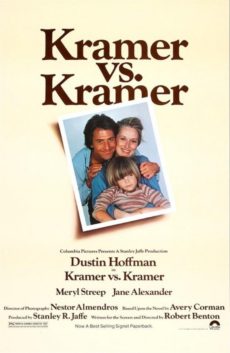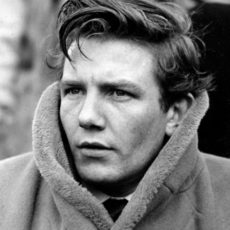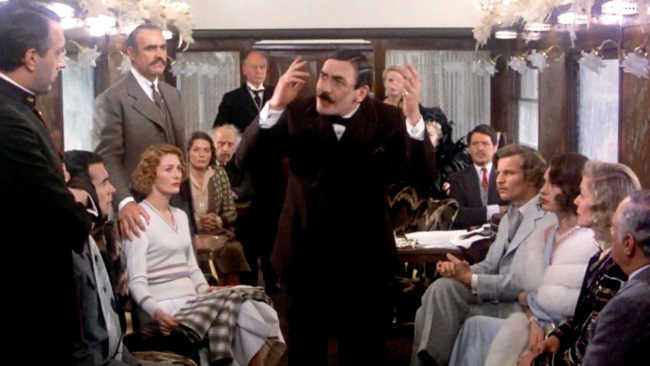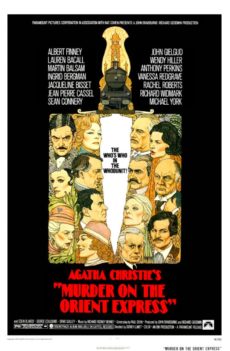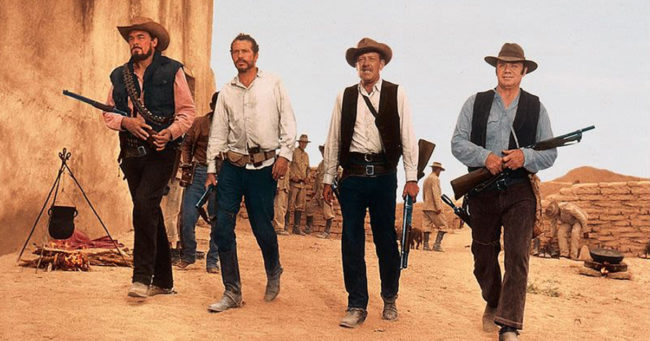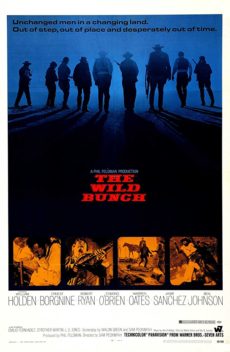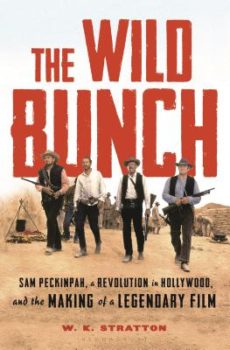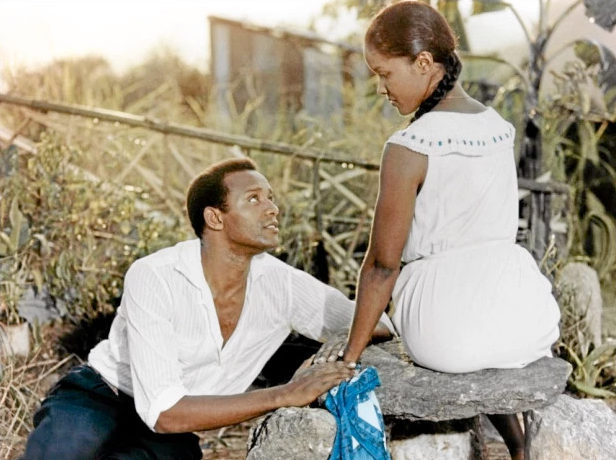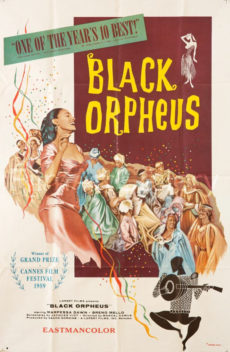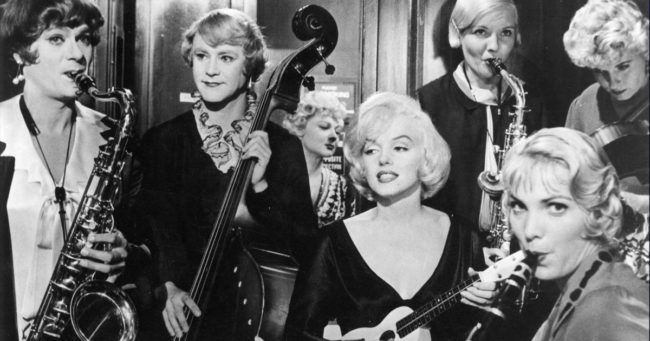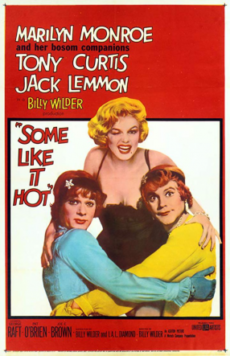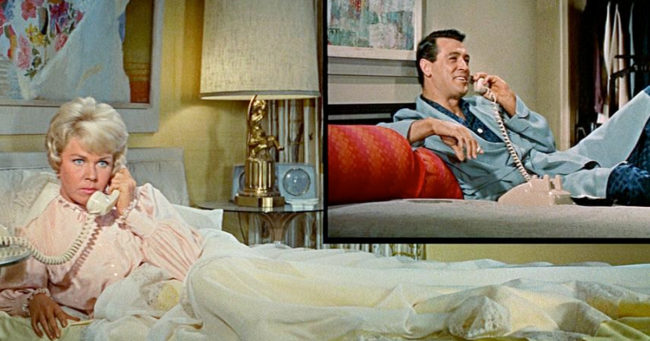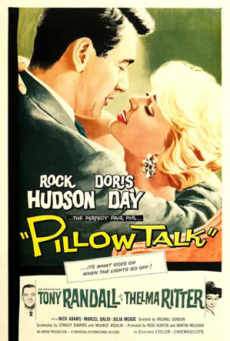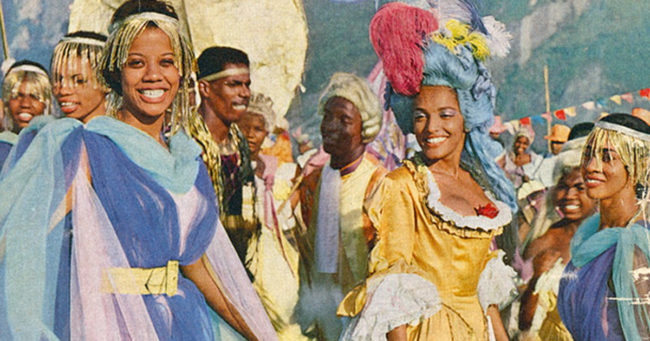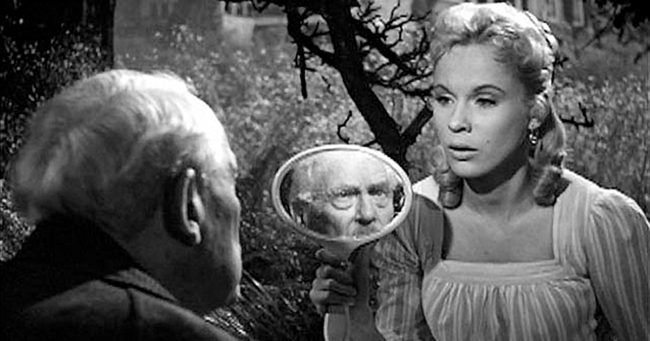Laemmle Theatres and the Anniversary Classics Series invite you to celebrate April Fools’ Day with a double feature starring writer-director Blake Edwards’ inspired creation of accidental mayhem, Inspector Clouseau. Peter Sellers plays the inept French detective to comic perfection in the 55th anniversary screenings of THE PINK PANTHER and A SHOT IN THE DARK on April 1 in Pasadena, North Hollywood, and West LA. Showtime information.
THE PINK PANTHER, the first of a series of films with the blundering sleuth, opened in the United States in April 1964 and was an immediate hit.
Audiences thoroughly enjoyed the jewel heist caper, especially the antics of Sellers, who effectively stole the film from an ensemble cast including David Niven as the suave thief Sir Charles Lytton, Robert Wagner as his playboy nephew, Capucine as Clouseau’s philandering wife, and Claudia Cardinale as the exiled Princess Dala, the owner of the fabulous diamond known as “the Pink Panther.”
Variety found the original screenplay by Edwards and Maurice Richlin (Pillow Talk) “intensely funny,” with kudos to the cast and especially Sellers’ “razor-sharp timing.” Location shooting in the Italian Alps by cinematographer Philip Lathrop in lush Technicolor enhanced the comedy.
Of course, the memorable theme music by Henry Mancini is the film’s greatest legacy. Mancini’s original score was Oscar-nominated and won three Grammy awards, as well as inclusion in the Grammy Hall of Fame. The score is ranked #20 in the AFI’s all-time top 100. In addition, the feline character that cavorted across the screen in the merry main title sequence by the DePatie-Freleng animation studio became an Oscar-winning cartoon star. The film was added to the National Film Registry in 2010.
Edwards, Sellers, and Mancini reunited for A SHOT IN THE DARK, the second of their several collaborations that continued into the 1970s.
Director Edwards enlisted William Peter Blatty to co-write a screen version of the French play by Marcel Archard (adapted by Harry Kurnitz for Broadway). Edwards brought along Inspector Clouseau, who was not a character in the original play, and turned Sellers loose in the murder mystery plot.
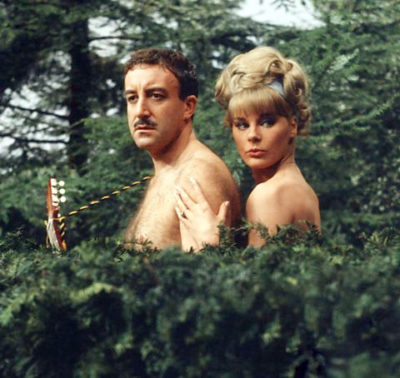 Commissioner Dreyfus (Herbert Lom), driven to comic psychosis by Clouseau’s ineptitude, and Clouseau’s servant Cato (Burt Kwuok), characters who would become mainstays in the ensuing movie series with Sellers, appear for the first time. Also starring Elke Sommer as the main murder suspect and veteran actor George Sanders as the owner of the chateau where the bodies keep piling up.
Commissioner Dreyfus (Herbert Lom), driven to comic psychosis by Clouseau’s ineptitude, and Clouseau’s servant Cato (Burt Kwuok), characters who would become mainstays in the ensuing movie series with Sellers, appear for the first time. Also starring Elke Sommer as the main murder suspect and veteran actor George Sanders as the owner of the chateau where the bodies keep piling up.
The comedy was released in the summer of 1964 and became an even bigger hit than The Pink Panther. The New Yorker praised Edwards and Blatty for “the good sense to toss the foundation stock out the window and let Mr. Sellers run amok…All in all, extremely jolly.” Mancini created a whole new jazzy theme for Clouseau and the main title’s animation sequence was once again crafted by DePatie and Freleng.
So avoid pranks and hoaxes this April Fools’ and see the real comic deal – the Inspector Clouseau Twofer at three Laemmle locations: Royal, NoHo and Pasadena Playhouse. Two delightful comedies for the price-of-one on Monday, April 1.
Buy tickets to the 5pm A SHOT IN THE DARK with admission to the 7:10pm THE PINK PANTHER included here. Or, buy tickets to the 7:10pm THE PINK PANTHER with admission to the 9:30pm A SHOT IN THE DARK included here.
Format: DVD

